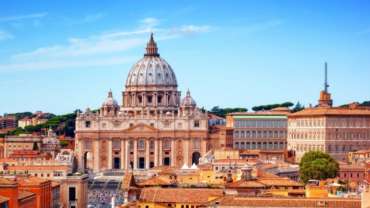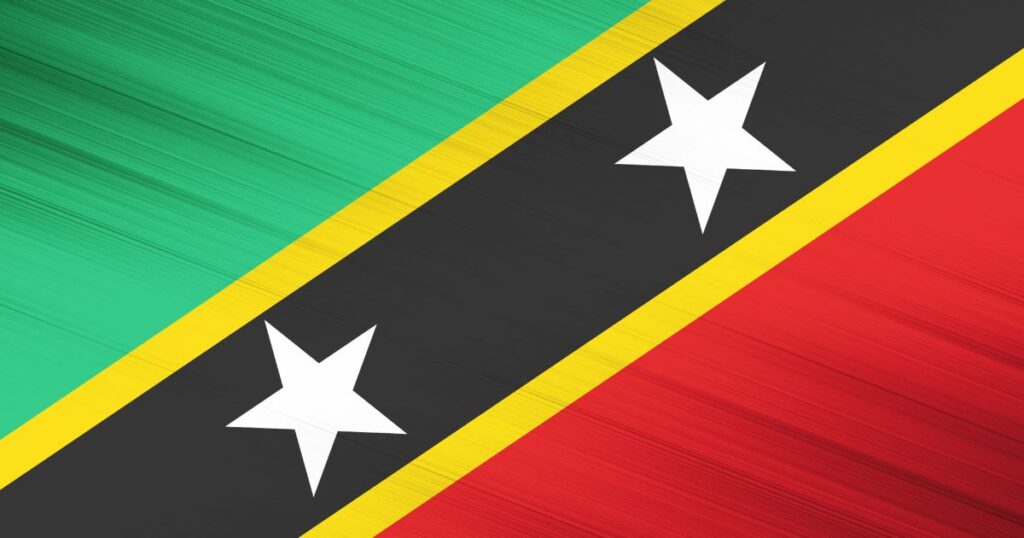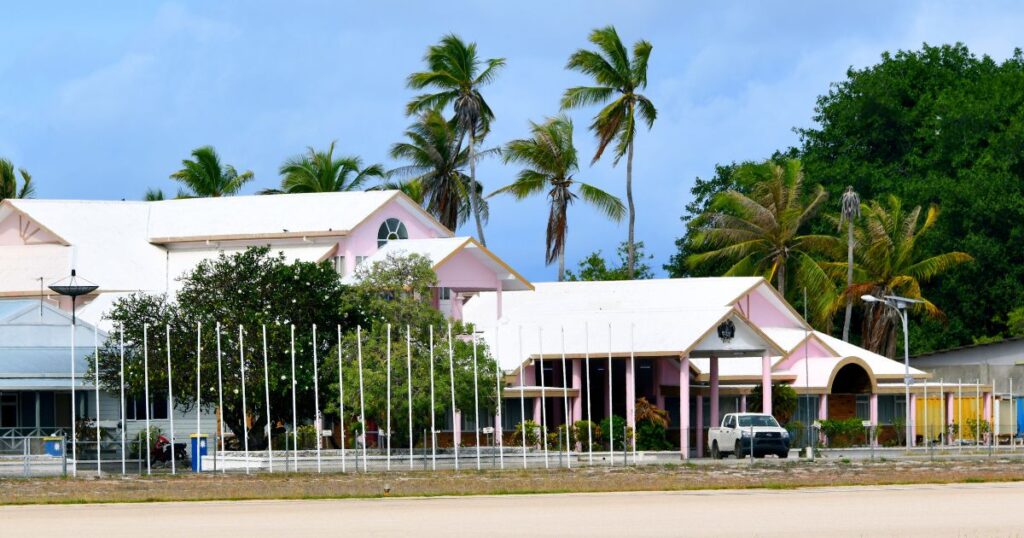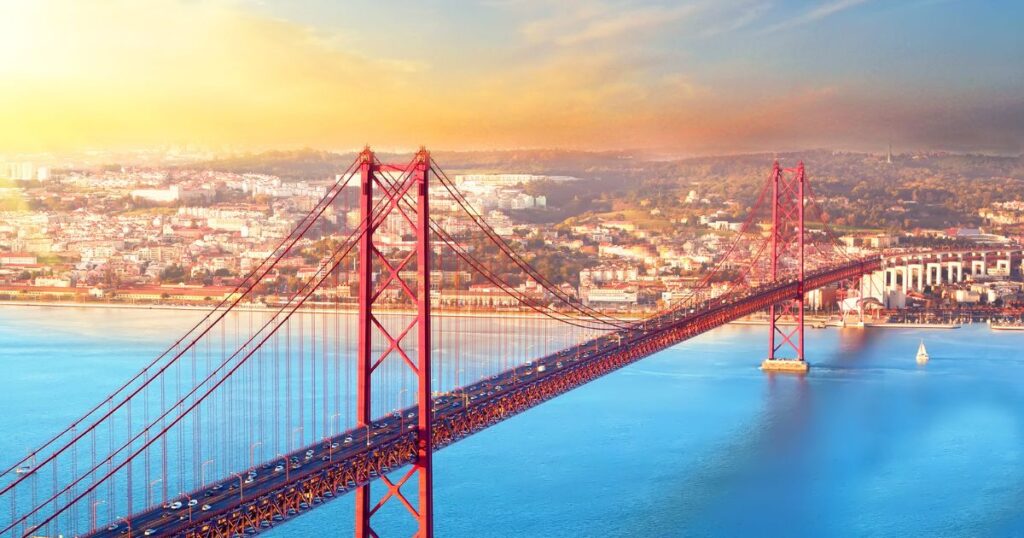The Vatican may be the smallest and unique country in the world that confers temporary citizenship working for office. It is called ‘jus officii’
Before we move to citizenship part, first we must understand difference between Vatican city and Holy see. Both are not the same.
The Holy See is the government while the Vatican city is a smallest landlocked nation within Rome. Another notable difference is The Holy See and Vatican issues different kinds of passports.
- The Holy See is the universal government of the Catholic Church and operates from Vatican City State, a sovereign, independent territory. The Pope is the ruler of both Vatican City State and the Holy See.
- The Vatican City-State is 108 acres of land has a population of about 800 people (approx 135 Swiss Guards.), which makes it one of the least populated and tiniest countries of the world, and only 450 of its residents have the Vatican citizenship. Within the Vatican City are religious and cultural sites such as St. Peter’s Basilica, the Sistine Chapel, and the Vatican Museums.
Vatican Citizenship
The Vatican citizenship is quite unique, not based on birth or blood but granted only to those who reside and work for Vatican office. Cardinals who live in Vatican City or Rome, as well as diplomats of the Holy See, are also considered citizens.
Vatican citizenship is lost when the term of office comes to an end, and children cannot inherit it from their parents. Vatican allows keeping dual citizenship. The Vatican citizenship is also one of the difficult citizenships to get in the World.
The first Vatican legislation on citizenship was Law n. III of July 7, 1929 enacted by Pope Pius XI shortly after the ratification of the Lateran Pacts. Law n. III regulated citizenship, access, entrance of vehicles, and residence in the Vatican City State. It used several criteria to determine Vatican City State citizenship. Some of these criteria, for example, related to the office held by the resident interested in becoming a citizen. Law n. III was followed by some minor regulations and decisions that expanded the notion of Vatican City State citizenship.
Among the most important are: (a) the decision issued by Pope Pius XII on July 6, 1940, extending citizenship to diplomats of the Holy See who were not residents of the Vatican City State; and (b) the 2006 Swiss Guard governing statute (Organic, Disciplinary and Administrative Statute of the Pontifical Swiss Guard of January 16 of 2006, Art. 85), which extended citizenship to the members of the Papal garrison.
Under the new legal regimen, citizenship can be acquired by law (ex iure) or by administrative decision. Ex iure citizenship is granted to only three classes of persons:
- The Cardinals resident in the Vatican City State or in Rome;
- The Holy See’s diplomats; and
- Persons who reside in Vatican City State by reason of their office or service.
This last class includes the members of the Swiss Guard. According to official report published by Holy see in 2011, 109 members of the Pontifical Swiss Guard were citizens.
Pursuant to art. 2 Vatican citizens are likewise the spouse, children, ascendants and brothers and sisters of a Vatican citizen, provided they live with him and are authorized to reside in Vatican City, according to the norms established in the law itself.
Passports
There are different types of passports issued by Vatican and Holy see. The full list of passports is available here
- Holy diplomatic passport issued for – nationals of Vatican or otherwise for 10 years
- Service passport issued for not vatican nationality valid for 5 years
- Passport for Temporary service for non vatican nationals issued for max 2 years
- Vatican city state passport (ordinary) for only vatican citizens only for 5 years
As of 02 July 2019, Vatican citizens had visa-free or visa on arrival access to 148 countries and territories.
Holy See Passport
Diplomatic passports of the Holy See, are not passports of the Vatican State, are held by those in the Holy See’s diplomatic service. Service passports of the Holy See can be issued to people in the service of the Holy See even if not citizens of Vatican City. These passports are issued in three languages: Latin, French and English
Vatican City Passport
Vatican City passports are issued to citizens of the state who are not in the service of the Holy See. These passports are issued in Italian, French and English





